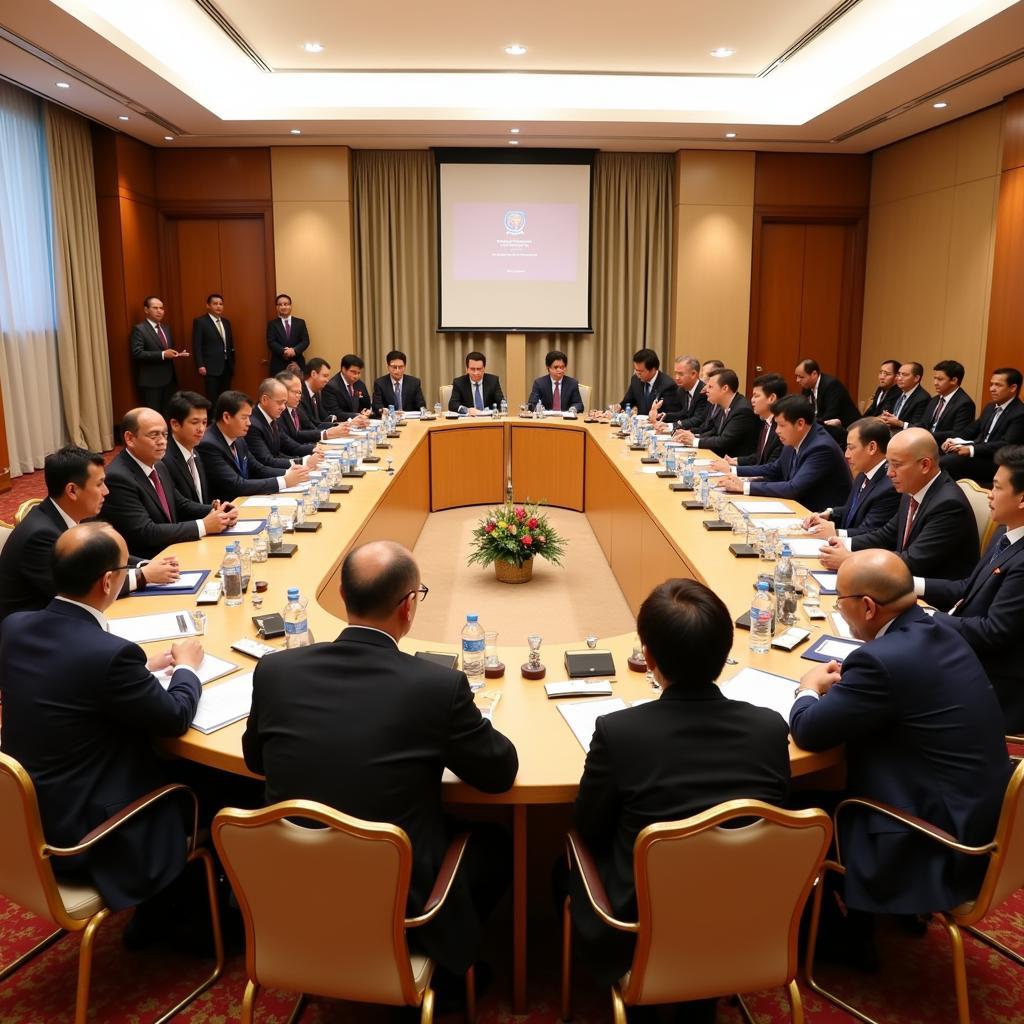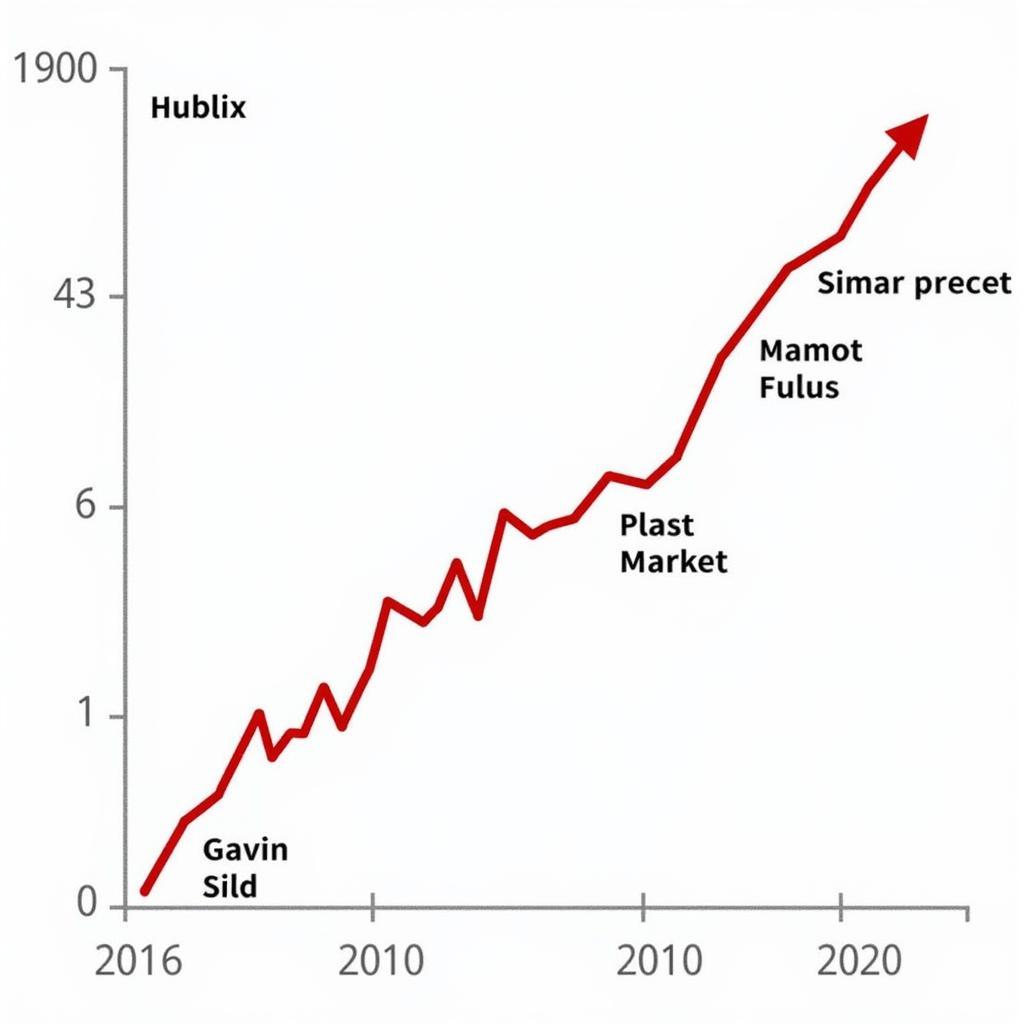The Association of Southeast Asian Nations (ASEAN) has emerged as a beacon of regional cooperation and integration since its inception in 1967. Over the past five decades, ASEAN’s accomplishments have been nothing short of remarkable, transforming Southeast Asia into a region of relative peace, dynamism, and shared prosperity. This article delves into the key achievements of ASEAN, showcasing its significant contributions to regional and global landscapes.
From Discord to Dialogue: Fostering Peace and Stability
One of ASEAN’s most notable accomplishments is its unwavering commitment to fostering peace and stability in a region historically fraught with conflict. Through dialogue, consensus-building, and adherence to the principles of non-interference and peaceful resolution of disputes, ASEAN has played a pivotal role in transforming Southeast Asia from a battleground of Cold War rivalries to a zone of peace and neutrality.
The establishment of the ASEAN Regional Forum (ARF) in 1994 marked a significant milestone in this regard. As the region’s primary platform for dialogue on security issues, the ARF brings together ASEAN member states and their dialogue partners to engage in constructive discussions, build confidence, and promote preventive diplomacy.
 ASEAN Regional Forum Meeting
ASEAN Regional Forum Meeting
Economic Powerhouse in the Making: Driving Regional Integration
Beyond its security architecture, ASEAN’s accomplishments extend to the economic realm. Recognizing the immense potential of economic integration, ASEAN has been steadfast in its pursuit of creating a single market and production base. The establishment of the ASEAN Free Trade Area (AFTA) in 1992 paved the way for increased trade and investment flows within the region.
The ASEAN Economic Community (AEC) Blueprint 2025, adopted in 2015, outlines a comprehensive roadmap for deepening economic integration. The blueprint focuses on key areas such as trade facilitation, customs cooperation, standards harmonization, and intellectual property rights protection, aiming to create a more seamless and integrated regional economy.
A People-Oriented Community: Promoting Social and Cultural Development
ASEAN’s commitment to its people is deeply embedded in its founding principles. Recognizing that peace and prosperity are inextricably linked to human development, ASEAN has made significant strides in promoting social and cultural cooperation.
Through initiatives such as the ASEAN Socio-Cultural Community (ASCC) Blueprint 2025, ASEAN aims to enhance people-to-people connectivity, promote social inclusion, and narrow the development gap within the region. The blueprint emphasizes the importance of education, health, social welfare, gender equality, and environmental protection as key pillars of sustainable development.
ASEAN in the 21st Century: Navigating a Changing Global Landscape
As ASEAN enters its sixth decade, it faces a rapidly evolving global landscape characterized by geopolitical shifts, technological advancements, and non-traditional security challenges. However, ASEAN’s commitment to its founding principles of dialogue, consensus, and cooperation remains unwavering.
The ASEAN Community Vision 2025 outlines a forward-looking agenda for the region, focusing on building a resilient, innovative, and people-centered ASEAN. Through enhanced cooperation in areas such as cybersecurity, digital economy, climate change mitigation, and disaster management, ASEAN is well-positioned to navigate the complexities of the 21st century.
Conclusion
ASEAN’s accomplishments over the past five decades stand as a testament to the power of regional cooperation. From fostering peace and stability to driving economic integration and promoting social and cultural development, ASEAN has played a pivotal role in shaping the regional architecture and improving the lives of millions of people in Southeast Asia. As ASEAN continues to evolve and adapt to a changing global landscape, its legacy of peace, progress, and partnership will undoubtedly continue to inspire generations to come.
FAQs
1. What are some of the key challenges facing ASEAN today?
2. How is ASEAN addressing the issue of climate change?
3. What is the role of dialogue partners in ASEAN?
4. How can I get involved in ASEAN initiatives?
5. What are some resources for learning more about ASEAN?
For further information and assistance, please contact us:
Phone Number: 0369020373
Email: [email protected]
Address: Thon Ngoc Lien, Hiep Hoa, Bac Giang, Vietnam
Our dedicated customer support team is available 24/7 to assist you. You can also find more information on our website, including articles on ASEAN 50 Philippines and the 50th anniversary celebration ng ASEAN. We encourage you to explore our website and discover more about the fascinating world of ASEAN.
